As Robert and I spend this week in Portugal, our thoughts are with those affected by the devastating fires in Los Angeles. It’s heartbreaking to witness yet another catastrophic disaster—one of so many that people worldwide are facing. Where we are now, just across the Guadiana River from Spain, we’re reminded of the floods that devastated this region in the fall of 2024. A year’s worth of rain fell in just a few hours, overwhelming towns and villages as rivers reclaimed their ancient paths. Over 200 lives were lost, thousands were displaced, and entire communities were left in ruins. You might not have heard about it, and that’s not surprising. Tragedies like this, driven by climate change, rapid urban expansion, and other factors are becoming so frequent that they’re easy to overlook if you’re not directly affected. But whether it’s floods in Spain or fires in California, the pain and loss are universal.
In Los Angeles, tens of thousands of people have lost their homes. Many more have evacuated, fleeing a city turned into a hellscape by dry conditions and relentless winds. This kind of crisis strips us down to our most basic instincts: to protect, help, and survive. Neighbors turn to each other, and we lean on government efforts at every level. Evacuation orders, shelter coordination, traffic management—these critical responses save lives, even as firefighters, some losing their homes, fight with everything they have.
When we see disasters like these, it’s easy to point fingers and ask "why wasn’t more done to prevent them?" And those questions will need answers. But in the heat of the moment, what matters is how we come together and act as a community to face what’s in front of us.
There will be more storms, fires, floods, and tragedies. In 2024 alone, we’ve seen typhoons, hurricanes, droughts, and landslides tear through communities around the globe. There are few places on Earth untouched by climate-driven disasters. This isn’t just a failure of leadership—it’s a failure of will, a stark reminder that none of us are immune. Disasters don’t care about your politics, income, or background.
The only way forward is together. We need to drop our guard, confront the challenges with honesty, and invest in resilience—not just in systems but also in people and relationships. Compassion and community aren’t just ideals; they’re the tools we need to survive.
So, let’s start where we are. Look to your neighbors and your community. Find ways to connect and build support networks. None of us can face what’s coming alone. If there’s anything these disasters teach us, it’s that our humanity—the way we care for and love one another—is our greatest strength.
Street Art from Spain and Portugal -
This newsletter is currently fueled by Espresso! https://buymeacoffee.com/jillrob
The little town we are staying at seems frozen in time - a proper set for a 1940s Bogart movie…
Last Word:
No matter what - LOVE ONE ANOTHER!


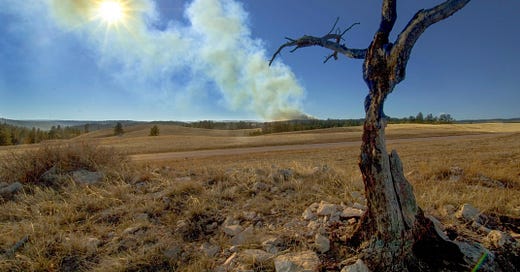



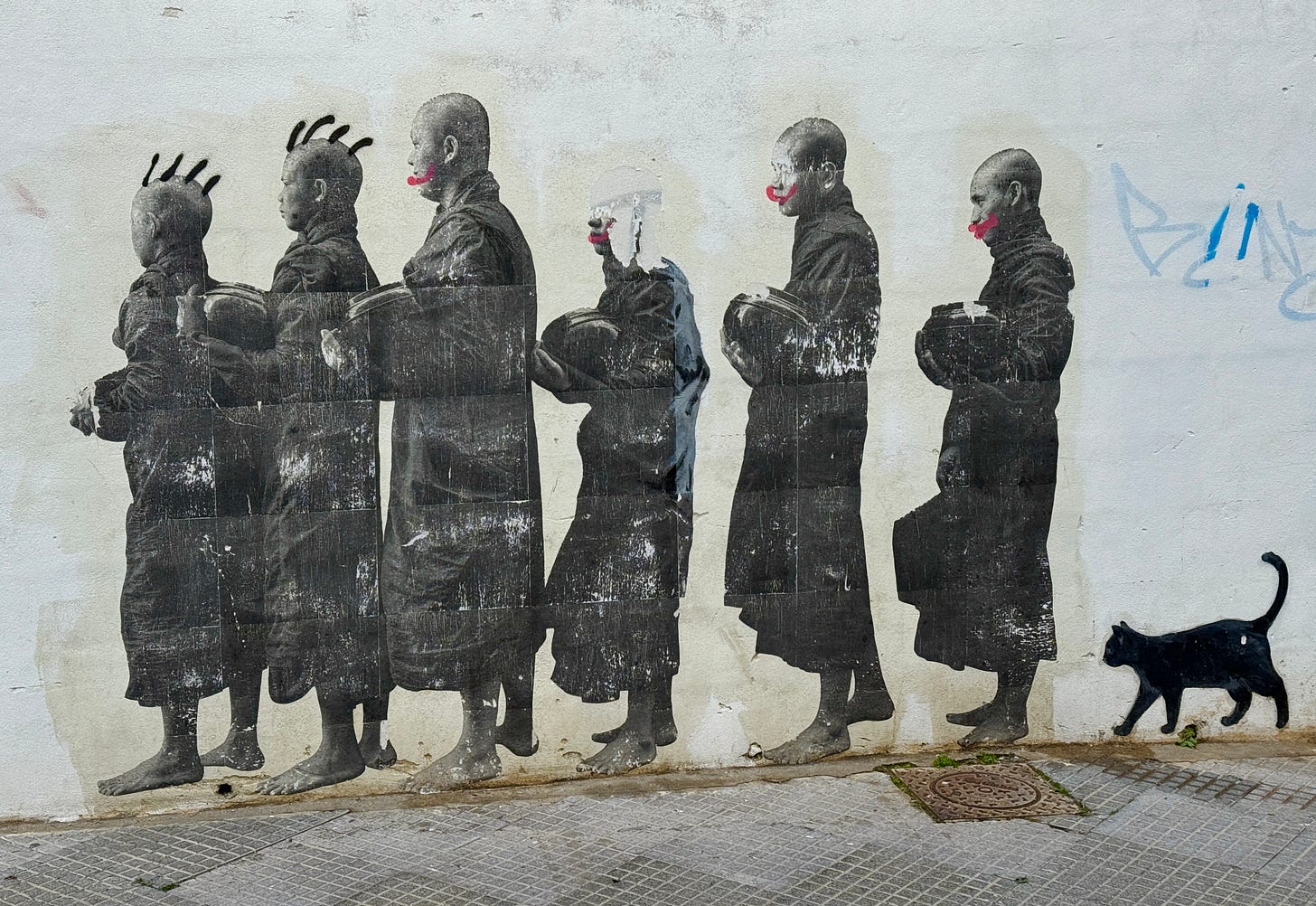
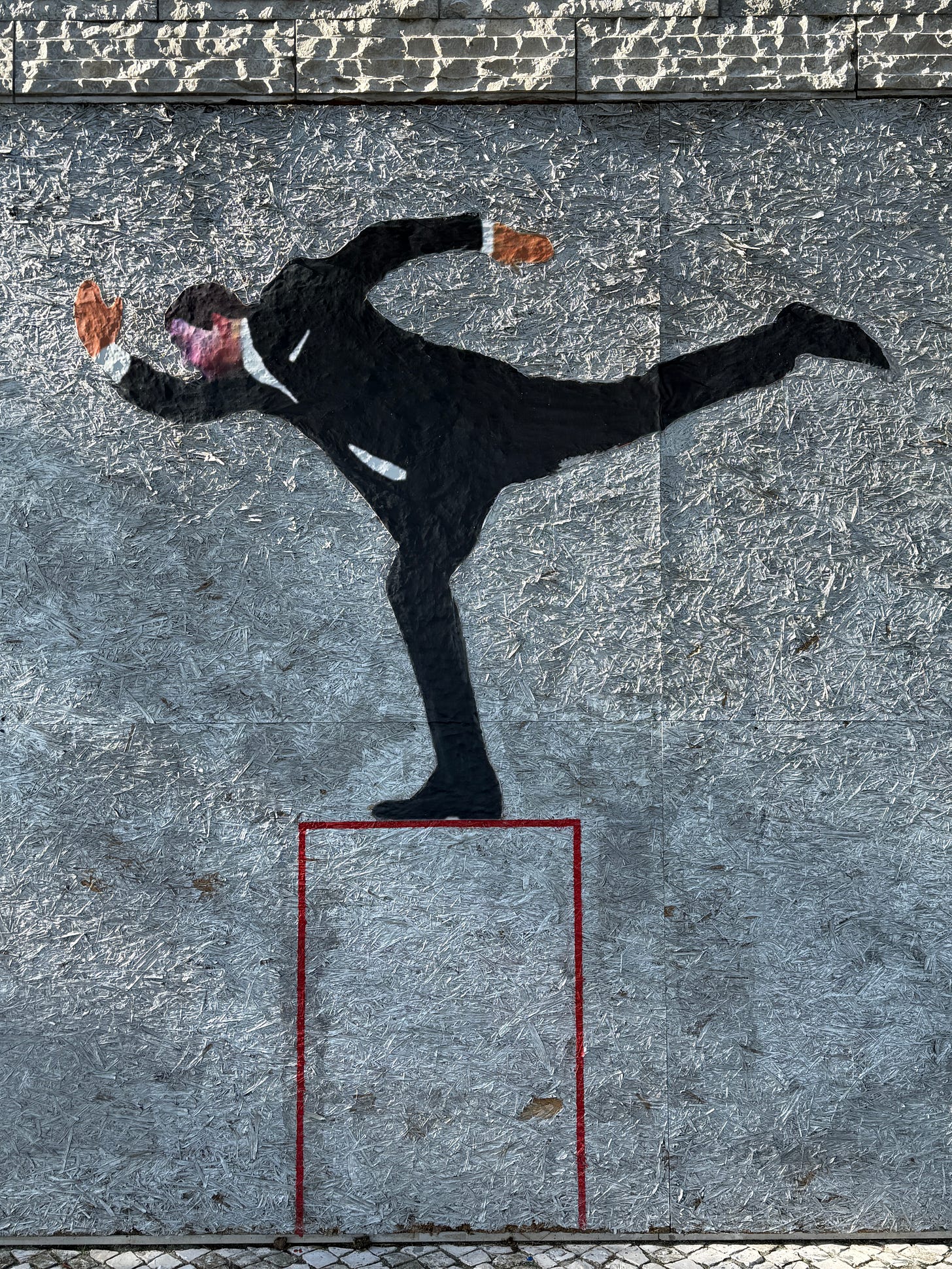
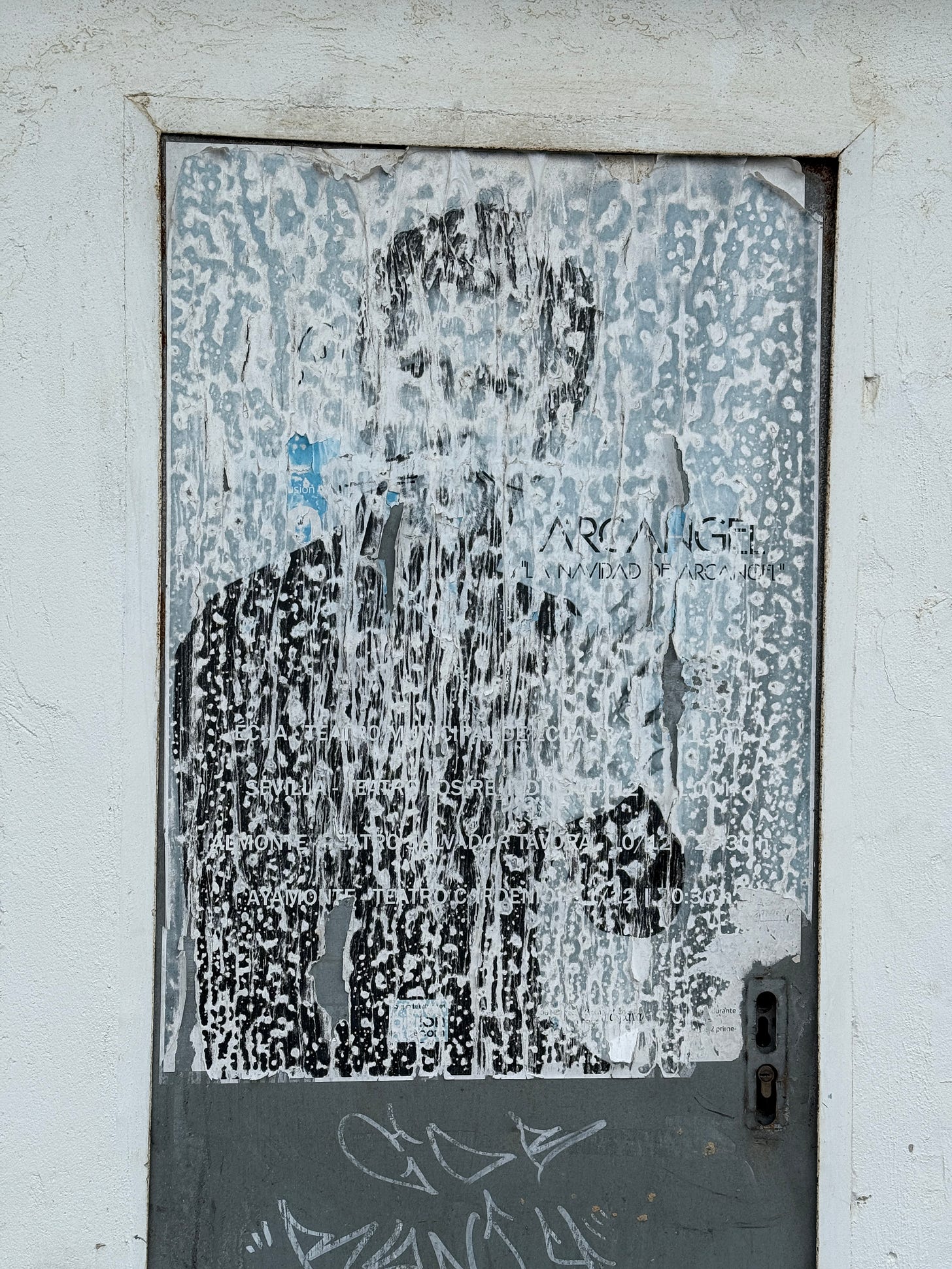
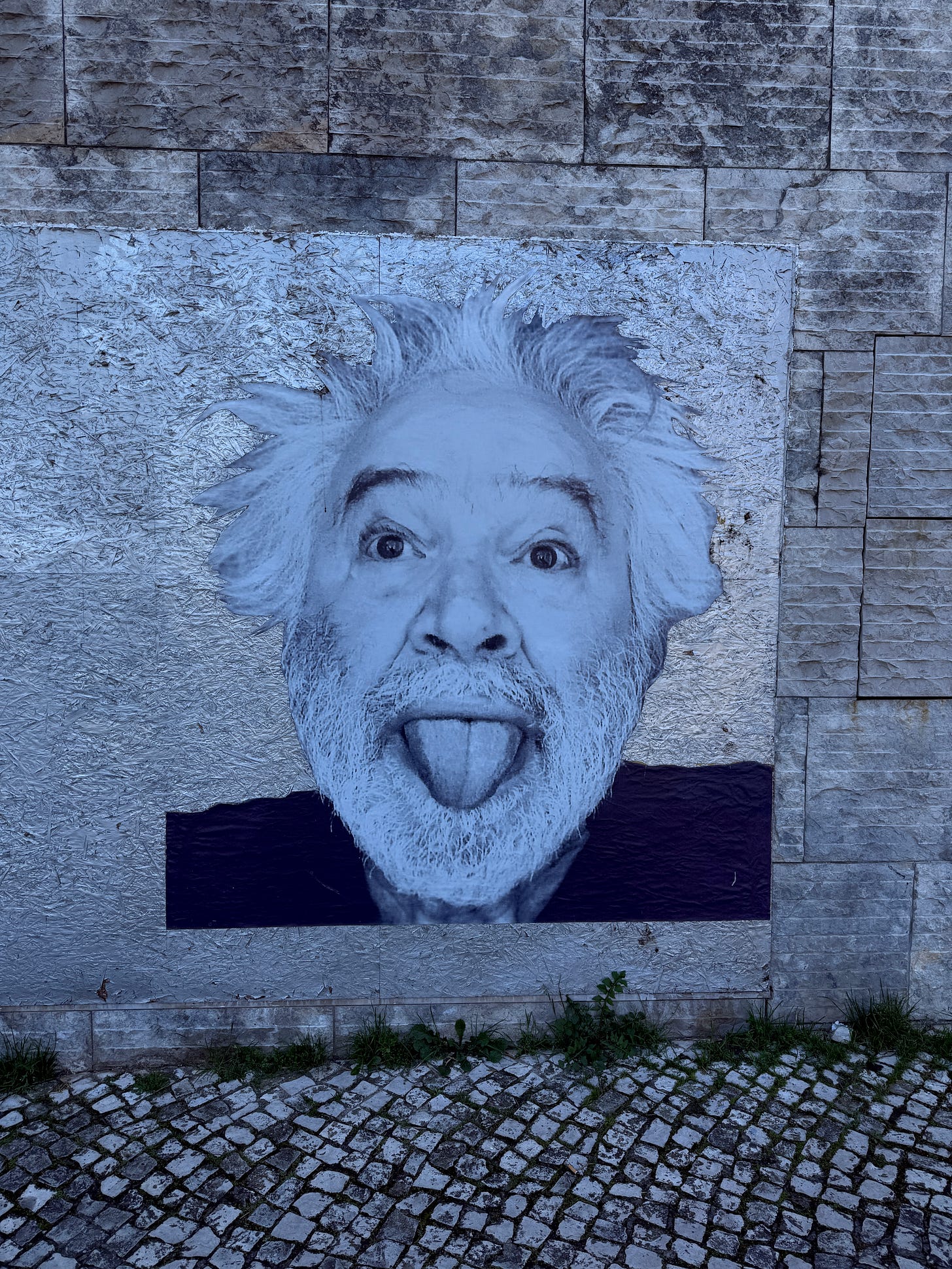

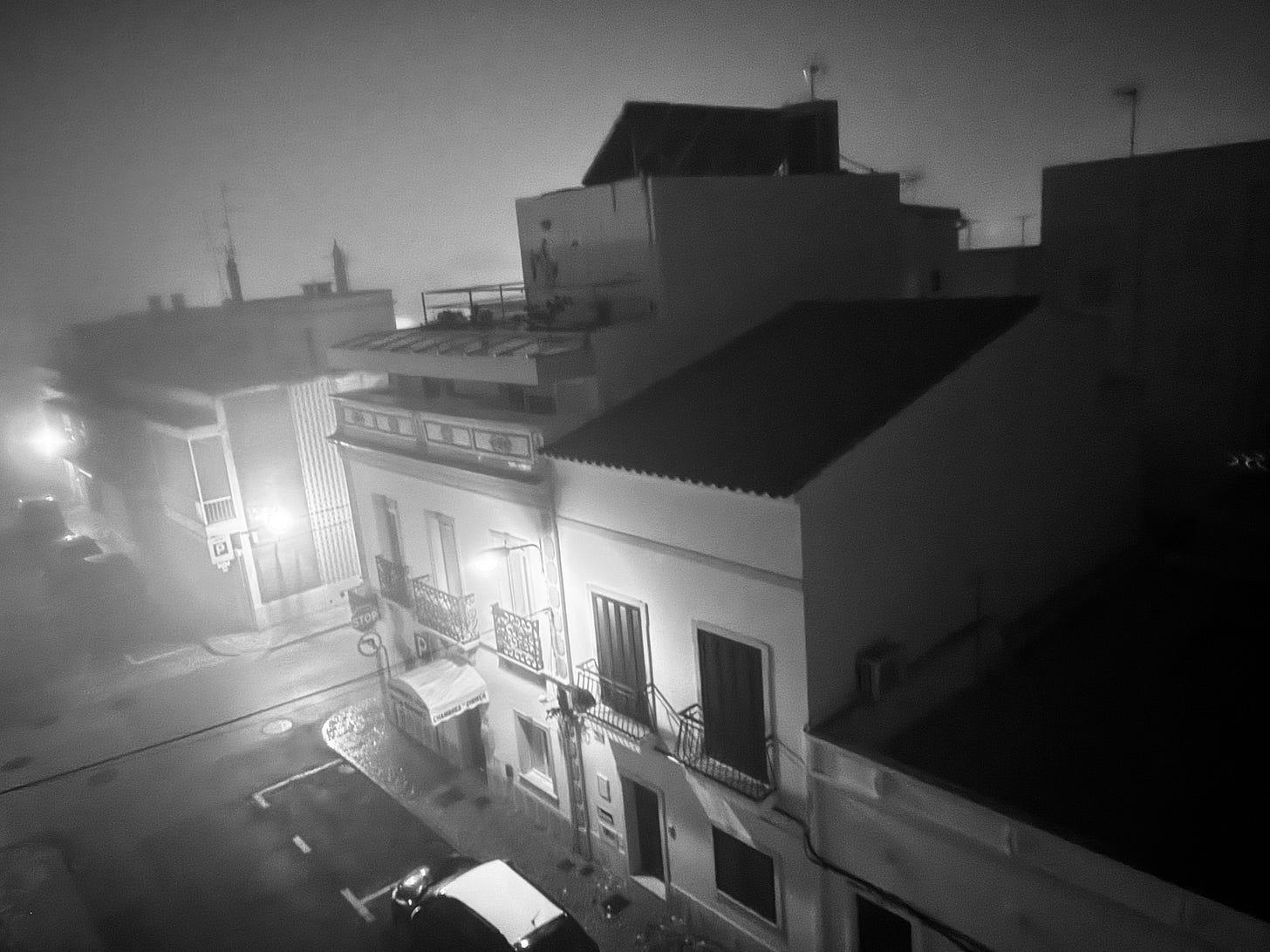
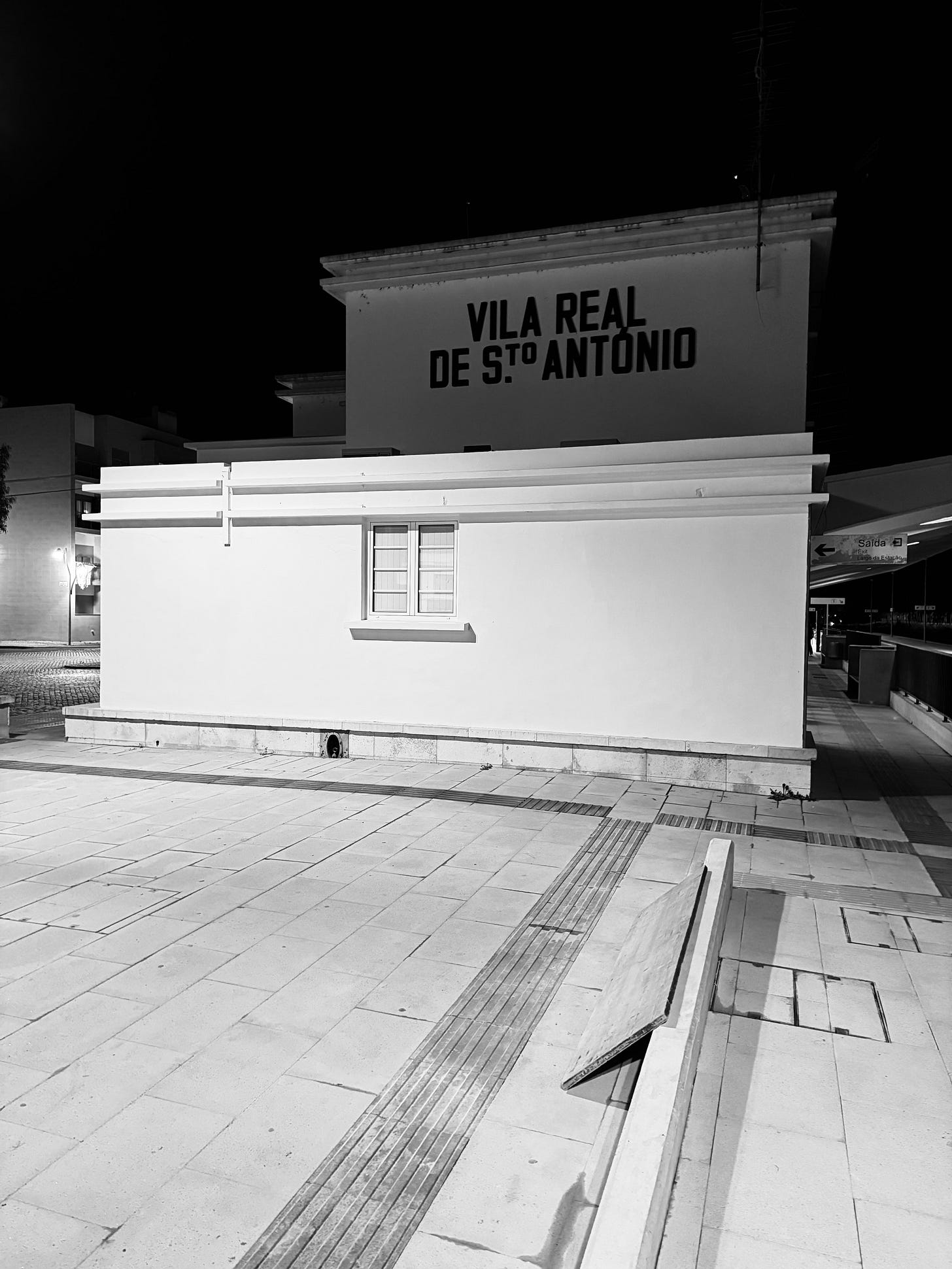
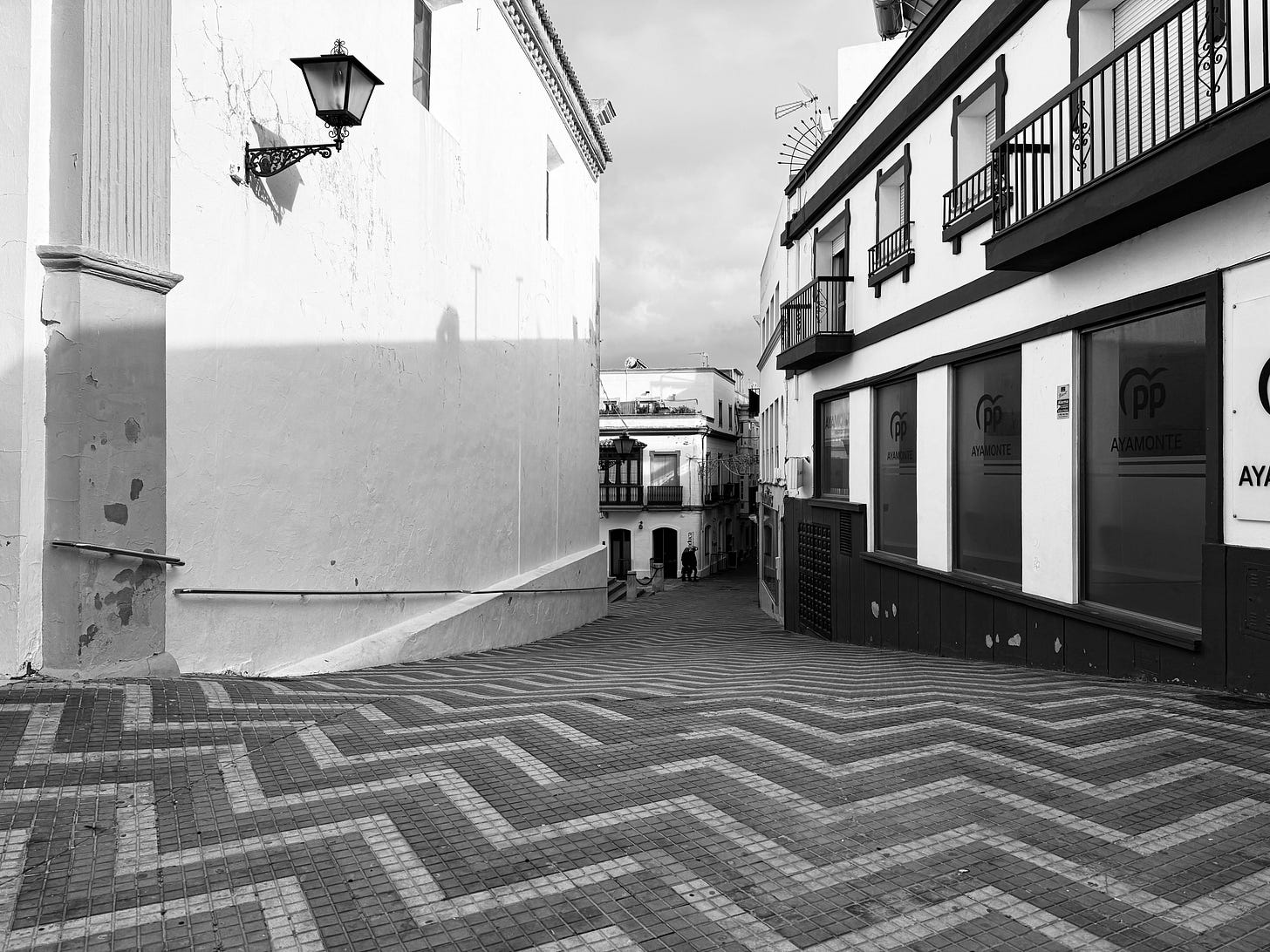
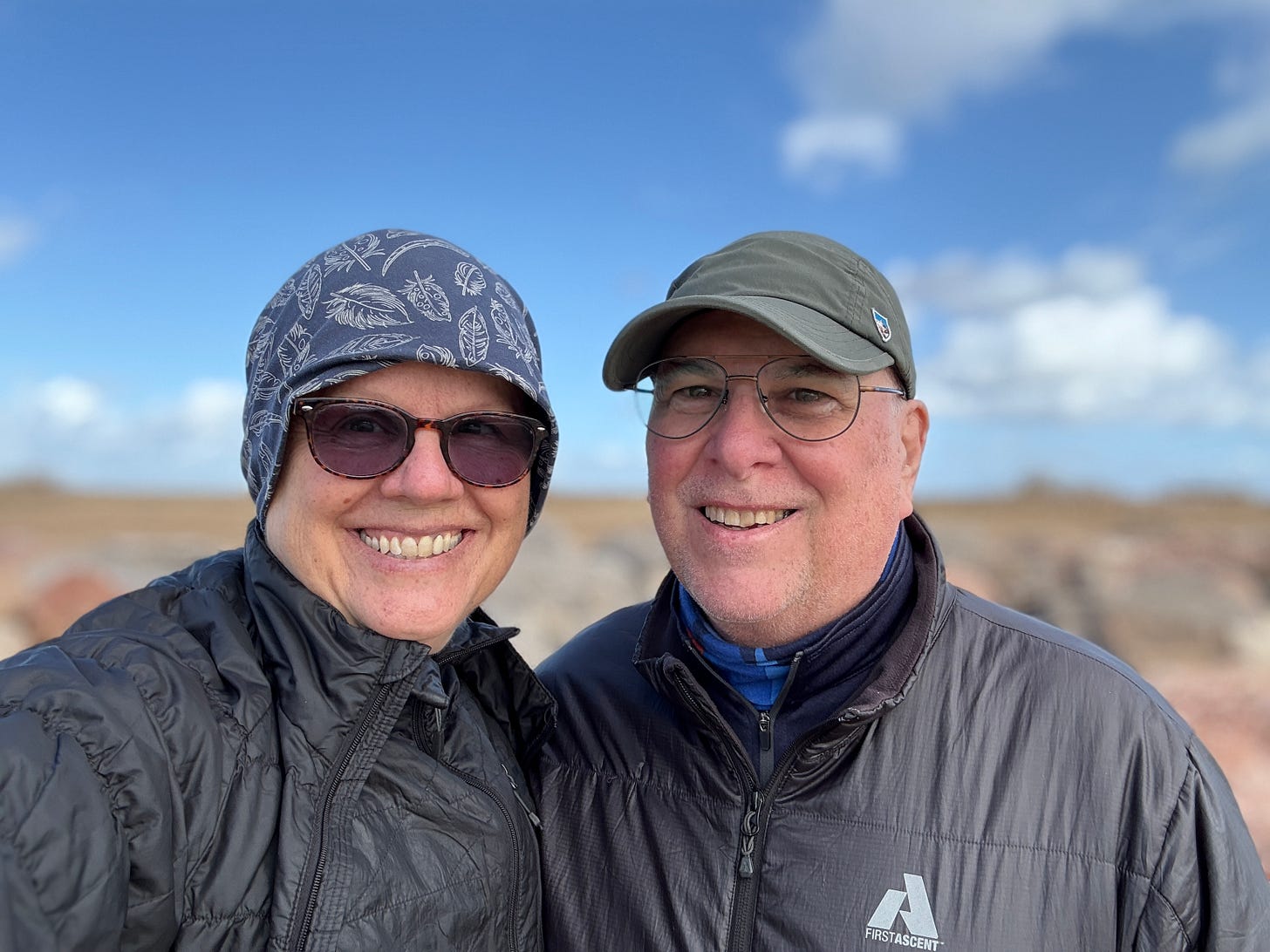
You hit the nail on the head. There is no amount of emergency readiness that could have dealt with the magnitude of these fires. All of humanity is to blame in our collective neglect of climate issues. We have to resist pointing fingers and come together for planned adaptation and resilience. There will be more natural disasters and more displaced people. I hope we can rise to the occasion.
It’s so heartbreaking watching it unfold! I was aware of the floods in Spain and that was gut wrenching to read about as they were happening. As people are running for their lives the blame game drives me nuts! We are all to blame, the choices we have all made in the last 150 years have brought us where are are today. There is no way to prepare for such disasters! We use words like unprecedented, worst in history, catastrophic, once in a 100 years …! It’s impossible to predict the scale and timing of such disasters. They are here with us and we must adapt and instead of finding a scape goat, maybe just focus on what we can do to help! Humanity really comes out in times like these! The best in good people and the worst in … I don’t know what to call them. Community is the only thing that matters in times like these. Also we learn how little stuff matters.